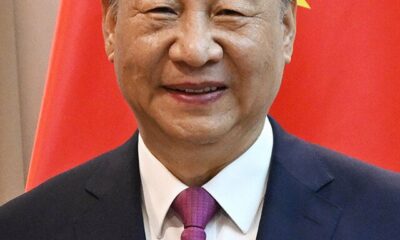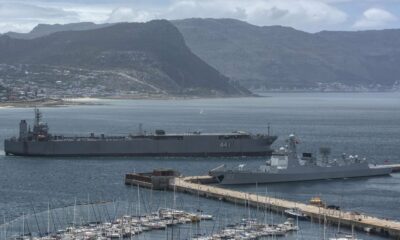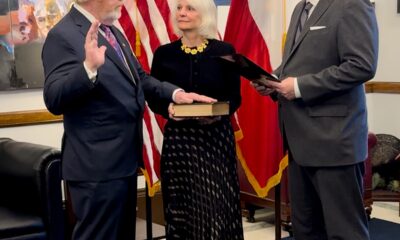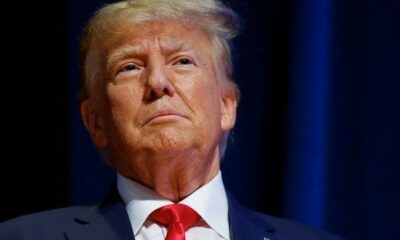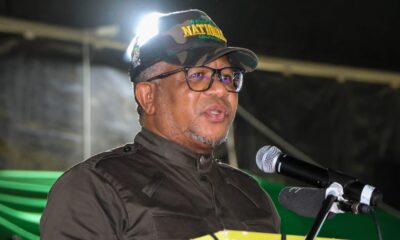News
A story about blurred lines, big deals, and the quiet rewriting of national priorities.
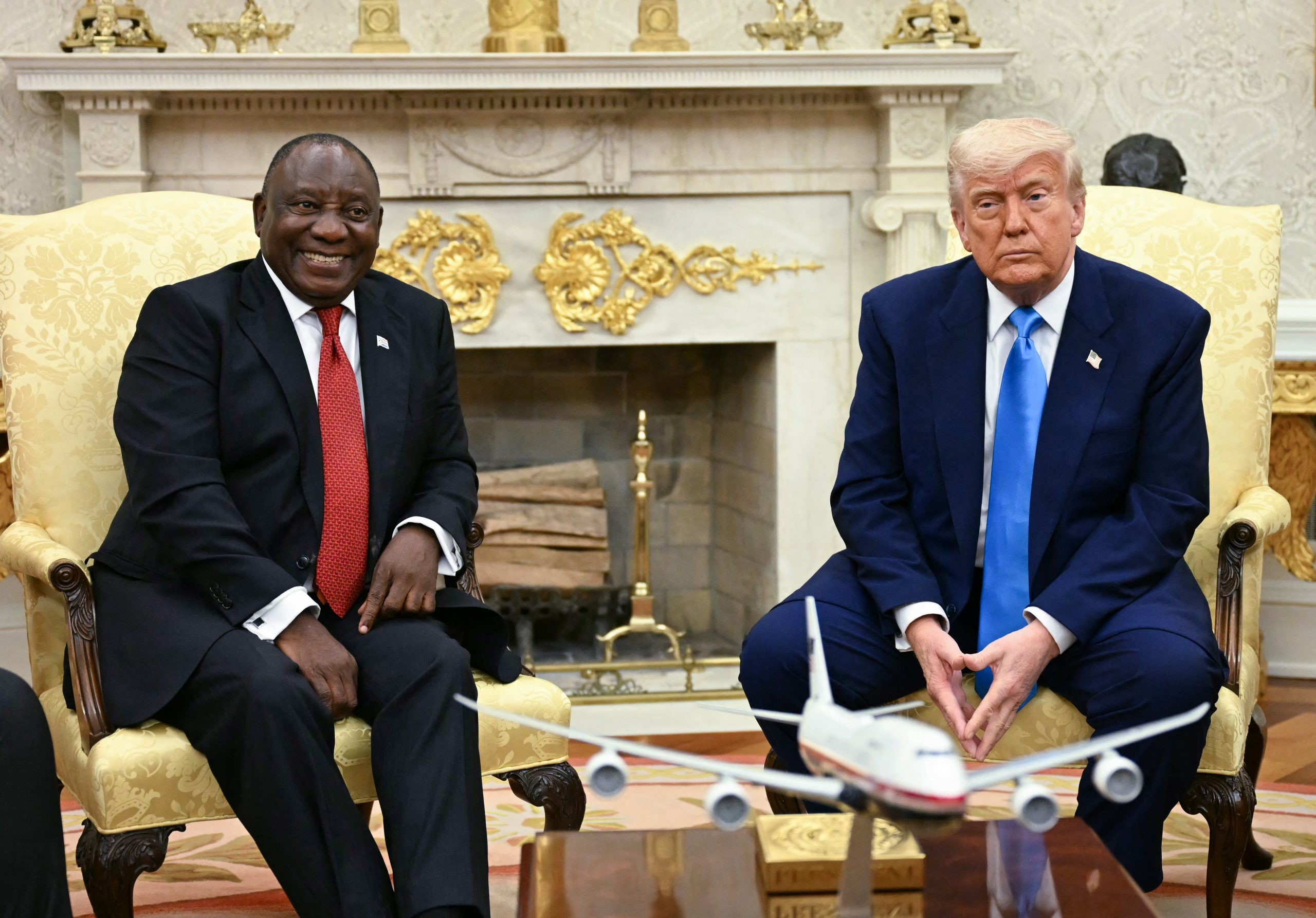
It was supposed to be a moment of diplomacy, a step toward stronger trade ties between South Africa and the United States. But what unfolded in the Oval Office on May 21 felt more like a collision between politics and profit. President Cyril Ramaphosa, flanked not just by government officials but also by billionaires like Johann Rupert and Elon Musk, sat across from Donald Trump as the American president aired controversial claims of “white genocide” in South Africa.
Trump showed a video filled with crosses and grief, alleging mass killings of white farmers — a narrative South African officials quickly dismissed as fiction. Ramaphosa responded with calm, defending his country’s truth. But the real eyebrow-raiser wasn’t the fake footage. It was the room itself: a place where the line between public service and private interest had started to blur.
Diplomacy or Deal-Making?
In the past, foreign policy was largely the realm of diplomats, civil servants, and elected leaders. Today, it seems South Africa’s global engagements are being shaped just as much by the country’s wealthiest stakeholders as by its policymakers. The presence of business tycoons in politically charged diplomatic meetings isn’t just unusual — it’s indicative of a deeper trend.
Economic diplomacy has become the buzzword in Pretoria. Trade deals, LNG imports from the U.S., partnerships with the EU, and technology deals with companies like Starlink have become central talking points. While none of this is inherently wrong — a country needs trade to grow — the concern lies in the influence. Who is truly steering the ship: the public, or the powerful?
When Business Interests Start to Steer the Ship
The formation of the new Government of National Unity after the elections came with a clear message: it’s time for economic recovery. Growth. Jobs. Development. And understandably, that means business leaders have a seat at the table. But in South Africa’s case, it’s starting to look like they may be running the table.
Having Elon Musk and Johann Rupert in a room with Trump and Ramaphosa may sound like a power move, but it also sends a worrying message. It suggests that private profit is increasingly central to how the country presents itself to the world. That influence, if unchecked, can warp priorities. Foreign policy starts to cater to investor confidence rather than citizen welfare.
Whose Interests Are Being Represented?
South Africa’s democracy is built on representation. Politicians are elected to speak for ordinary people — teachers, nurses, farmers, the unemployed — not just for those who sit on Forbes lists. The more private capital shows up in the rooms where diplomatic decisions are made, the more it feels like those rooms are closed to the public.
The risk is clear: foreign policy decisions that are tailored to attract capital may neglect justice, human rights, or national dignity. When government becomes too cozy with business, decisions meant to serve all citizens may only benefit a select few.
Rebuilding Public Trust Through Accountability
If South Africa hopes to maintain public trust, it must draw clear boundaries between government and big business. This doesn’t mean turning away from economic opportunity — it means protecting the purpose of diplomacy: to serve the people. Involving business voices is not inherently harmful. But when they dominate the narrative, democratic integrity suffers.
A healthy democracy thrives on transparency, inclusiveness, and a sense of accountability. These must be built into every foreign policy decision, especially in times when misinformation and political spectacle are shaping global conversations.
The Real Bottom Line
At its core, South Africa’s foreign policy must be a reflection of its people — their values, needs, and aspirations. Economic partnerships will always play a role. But they cannot come at the cost of democratic ideals.
As South Africa looks to navigate complex global waters, it must resist the temptation to let money steer the course. The challenge ahead is clear: craft a foreign policy that opens doors for business, yes, but keeps the public interest firmly in the driver’s seat.
{Source: IOL}
Follow Joburg ETC on Facebook, Twitter , TikTok and Instagram
For more News in Johannesburg, visit joburgetc.com

